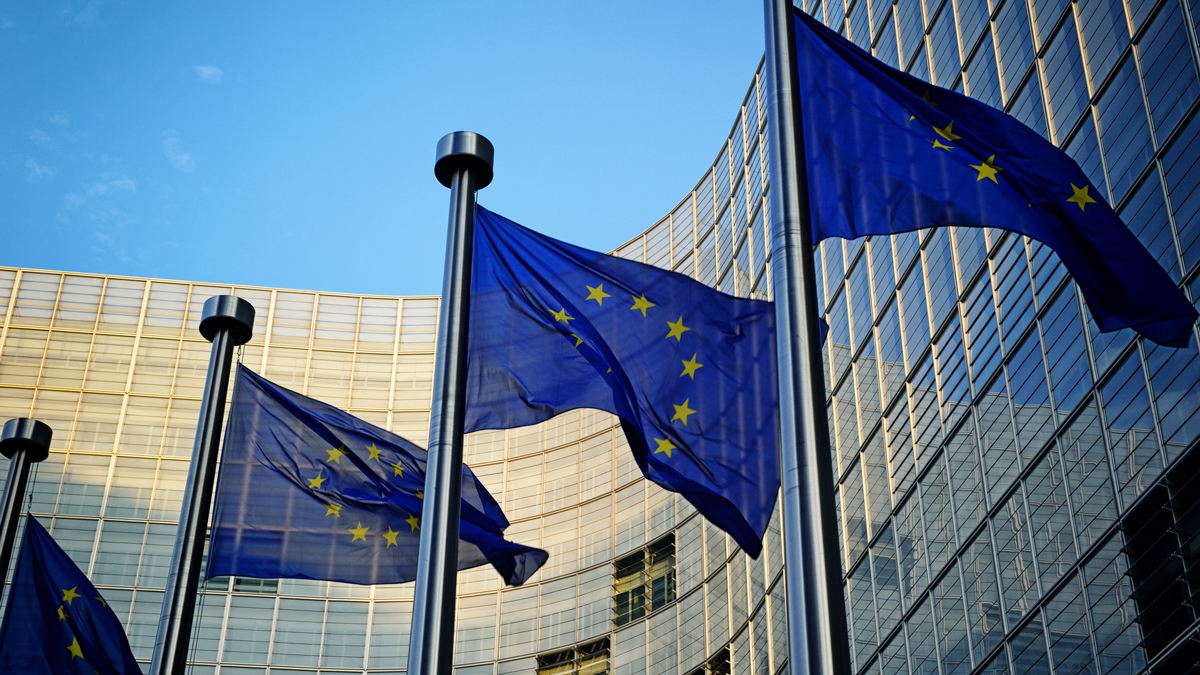Digital health investment has skyrocketed; now expect consolidation

A record $14.7 billion in investments was injected into US digital health companies in the first half of this year, overtaking the entire amount raised in 2020 in just six months.
The half saw no fewer than 372 deals with an average size of almost $40 million, with 59% of them worth more than $100 million, according to the analysis from venture fund Rock Health.
Foremost among the transactions was the $540 million seventh-round financing by weight loss and fitness app developer Noom, which it will use to extend its platform into other areas like high blood pressure, diabetes, stress and sleep disorders.
The other two largest deals in the first half were the $500 million raised by Ro – which specialises in direct to consumer (D2C) virtual care and mail-order prescriptions – and machine learning-driven drug discovery and development company insitro's $400 million third round.
The huge increase in activity stemmed from "seismic shifts" in the digital health landscape caused by COVID-19, which catapulted the sector from a niche to the mainstream as health systems sought out ways to deliver care to patients remotely.
Mental health, cardiovascular disease, and diabetes are currently the top-funded clinical indications, with a flurry of activity in substance use disorders pushing oncology investments down the ranking this year.
Rock Health also suggests that there are signs this will not be a short-lived phenomenon. Financing deals in June were three times those in June 2020, when digital health funding numbers began to accelerate after the first COVID-19 lockdowns.
However it warns that the sector is at a critical point, as the influx in investment money "will test the marketplace's current and future capacity to design and deliver digital health solutions, and then scale them into sustainable companies."
It also notes that a quarter of all the deals agreed in the first half were for D2C startups, and points out that as consumer healthcare spending is considerably smaller than enterprise healthcare spending, there is a risk of trying to slice the market too thinly.
M&A on the rise
M&A meanwhile is also running in high gear, with an average of 22 acquisitions each month compared to a rate of 12 in 2020, and Rock Health expects this consolidation to continue as customers to push providers "to bundle services, integrate complementary offerings, and build out one-stop shops that reflect all the best the market can offer."
The report suggests big tech firms like Amazon, Microsoft and Google will play a part in the consolidation process as they continue to pursue ambitions in healthcare. One example in the first half was Microsoft's acquisition of artificial intelligence (A) medical transcription technology Nuance.
Public listings also ballooned with 11 closed initial public offerings (IPOs) and exits via "blank cheque" or SPAC companies – most recently the merger of digital health engagement company Sharecare with SPAC Falcon Capital Acquisition. 11 more IPOs and 10 more SPACs are expected to close in 2021.
"It's been a wild ride watching digital health blast off from niche sector to mainstream market, and it isn't showing signs of slowing down," said Rock Health.












